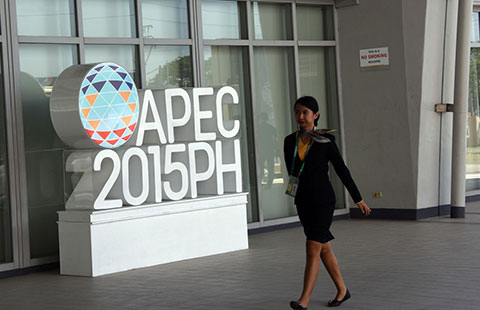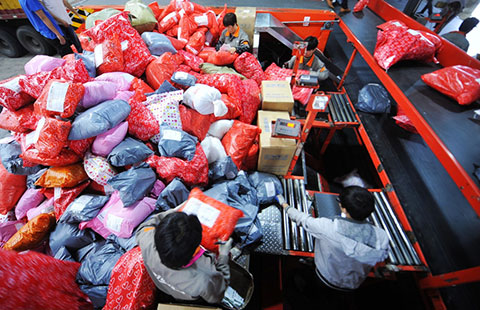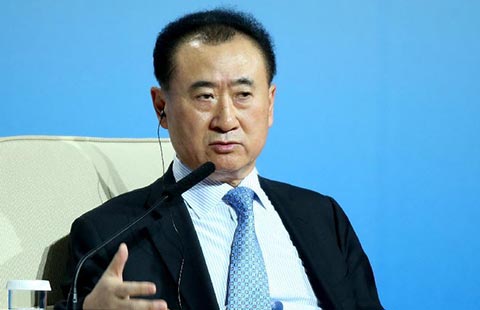Small firms may scale down investments
By Zheng Xin (China Daily) Updated: 2015-11-17 10:20Chinese entrepreneurs expect investment to slow and are cautious, amid weak demand, for the year ahead.
According to a survey of more than 2,500 companies by the China Entrepreneurs Survey System, 34 percent of those polled planned investment in the next 12 months, while 25.5 percent expected to cut back in 2016.
Created by the Development Research Center of the State Council in 1993, the CESS conducts the nationwide survey annually to gauge growth and confidence among small businesses.
Li Lan, its secretary-general, said China's current macro economy is being challenged by greater downward pressures.
"The country's regulation and control policy should maintain continuity and stability while reforms should be accelerated to promote transformation and upgrading of enterprises," she said.
"The current situation has also forced entrepreneurs to strengthen their creative capacity, which has shifted from a national advocacy to an enterprise independent action, and will become the new force of China's economy."
Companies reporting an increase in planned investment were mainly confined to the high-tech industries, according to the survey, and included diverse areas such as electrical heating, water production, accommodation and restaurants, electronic equipment and the transportation equipment manufacturing industry.
Those industries with severe overcapacity generally expected a fall in investment in the coming year, particularly those in the mining, clothing, papermaking, chemical fibers, non-metallic products, steel, metalware and automobile sectors.
The mining industry was especially downbeat for 2016, with 52.5 percent of companies expecting a drop in investment, the worst result since 2011.
There were 10 percent less companies this year expecting to make investment compared with last.
Geographically, those in the Beijing-Tianjin-Hebei region and Central China expected the biggest increases in investment in 2016, ahead of the west of the country and the Yangtze River Delta region.
Respondents said they expected large and medium-sized enterprises, State-owned and State holding companies to make more investment, compared with the small businesses, and private foreign investment enterprises.
- Baiyunshan to spear the world with Jin'ge pills
- Ward's 10 Best Engines of 2015
- China's B2C market grows by half in Q3
- Entrepreneurs express confidence in pension infrastructure outlook
- Vending machine firm provides food for thought for customers
- Wuhan high-tech firms to woo top talent from first-tier cities
- World to gain from China's 'better goods at lower prices'
- CNNC clinches $4.7 billion nuclear deal in Argentina















